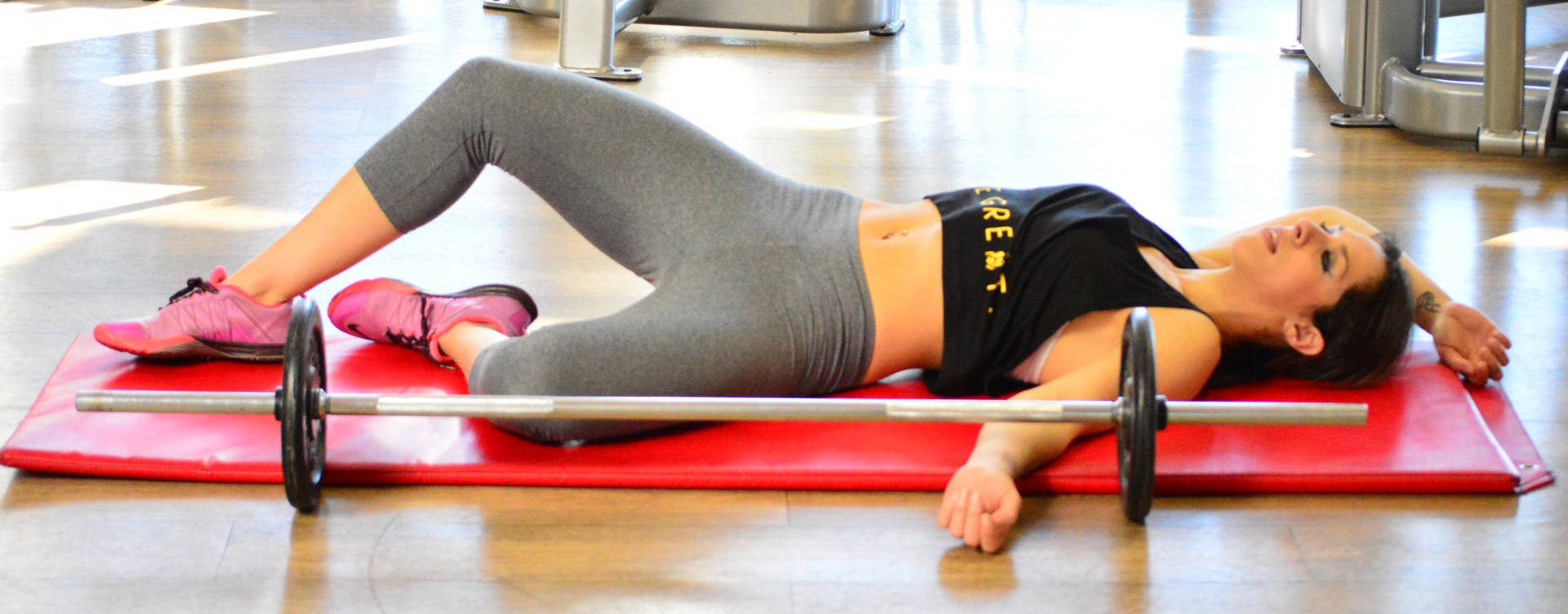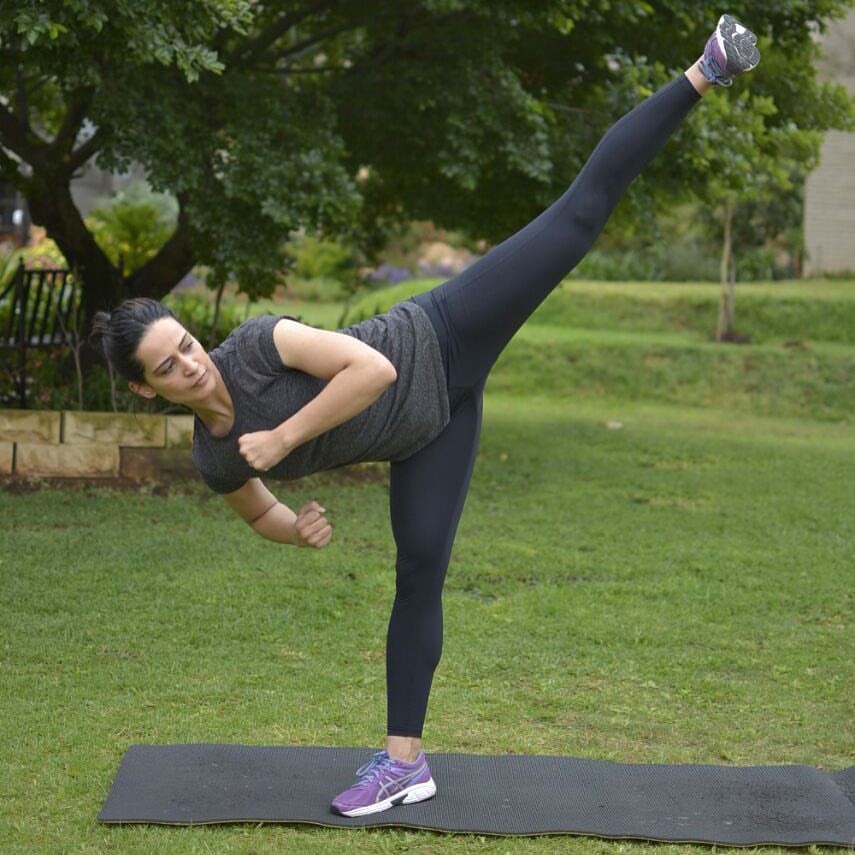Your body can send clear signals when something’s off. Maybe your shoulders feel like concrete blocks, or you wake up feeling like you wrestled with your mattress all night. These aren’t just random aches and pains—they’re your body’s way of asking for help.
Massage therapy isn’t just a luxury reserved for spa days. It’s a proven method for reducing muscle tension, improving circulation, and boosting wellness. But how do you know when it’s time to book that appointment? Your body gives you plenty of hints if you know what to look for.
Your Shoulders Are Practically Living Near Your Ears
Stress has a sneaky way of creeping up on you. One day you’re handling everything fine, and the next, your shoulders somehow migrated north toward your earlobes. This tension doesn’t just appear overnight—it builds gradually until your neck and shoulder muscles feel like they’re locked in permanent clench mode.
Chronic shoulder tension often stems from poor posture, especially if you spend hours hunched over a computer. The muscles in your upper trapezius work overtime to support your head and neck. When they stay contracted for extended periods, they develop trigger points that can refer pain to your head, causing tension headaches.
Sleep Feels More Like a Wrestling Match
Quality sleep should leave you feeling refreshed and energized. If you’re tossing and turning all night, waking up with a stiff neck, or feeling like you need a vacation from your sleep, muscle tension might be the culprit.
Tight muscles prevent your body from fully relaxing during rest periods. Your nervous system stays partially activated, making it harder to reach the deep sleep stages where real recovery happens. Poor sleep quality creates a vicious cycle—lack of rest increases stress hormones, which further tighten your muscles.
Your Range of Motion Has Gone Missing
Remember when you could easily reach for something on a high shelf or turn your head to check your blind spot while driving? If simple movements now require planning and preparation, your muscles and fascia have likely become restricted.
Limited range of motion doesn’t happen overnight. It develops when muscles stay in shortened positions for too long, causing the surrounding connective tissue to adapt and tighten. This restriction affects your daily activities and increases your risk of injury during exercise or routine tasks.
Headaches Have Become Your Unwelcome Companion
Tension headaches feel different from other types of headaches. They typically start at the base of your skull and wrap around your head like a tight band. These headaches often stem from tight muscles in your neck, shoulders, and jaw.
The suboccipital muscles, located where your skull meets your neck, are common culprits. When these small but mighty muscles become overworked, they can create referred pain patterns that extend up into your head. Poor posture, stress, and jaw clenching all contribute to this type of tension.
Your Stress Levels Are Through the Roof
Chronic stress doesn’t just affect your mental state—it creates physical changes in your body. When you’re stressed, your muscles automatically tighten as part of your body’s fight-or-flight response. This protective mechanism works great for short-term threats, but becomes problematic when stress becomes chronic.
Elevated cortisol levels from ongoing stress contribute to muscle tension and inflammation. Your body essentially stays in a state of high alert, making it difficult to fully relax even during downtime.
Exercise Recovery Takes Forever
Regular exercise should make you feel stronger and more energetic over time. If your muscles feel perpetually sore, recovery takes longer than usual, or you dread your workouts because everything feels tight and uncomfortable, these are more signs you are overdue for a massage.
Delayed recovery often indicates your muscles aren’t getting adequate blood flow and nutrients needed for repair. Tight fascia and adhesions between muscle layers can restrict circulation, leading to prolonged soreness and decreased performance.
Simple Tasks Feel Unnecessarily Difficult
Everyday activities shouldn’t require significant effort or cause discomfort. If putting on a jacket makes your shoulders ache, sitting at your desk creates back pain, or walking up stairs leaves your legs feeling heavy, your muscles are crying out for attention.
These symptoms suggest that normal movement patterns have become compromised. Compensatory patterns develop when certain muscles become overactive, while others become inhibited, creating imbalances that affect your entire kinetic chain.
Time to Act
Recognizing these telltale signs you are overdue for a massage is the first step toward better health and comfort. Your body’s signals aren’t something to ignore or push through—they’re valuable feedback about what you need. Professional massage therapy can address muscle tension, improve circulation, and help reset your nervous system. Many are also turning to massage chairs as another form of recovery.
Don’t wait until minor discomfort becomes chronic pain. Your body works hard for you every day—it deserves the care and attention that something like regular massage therapy provides.






















